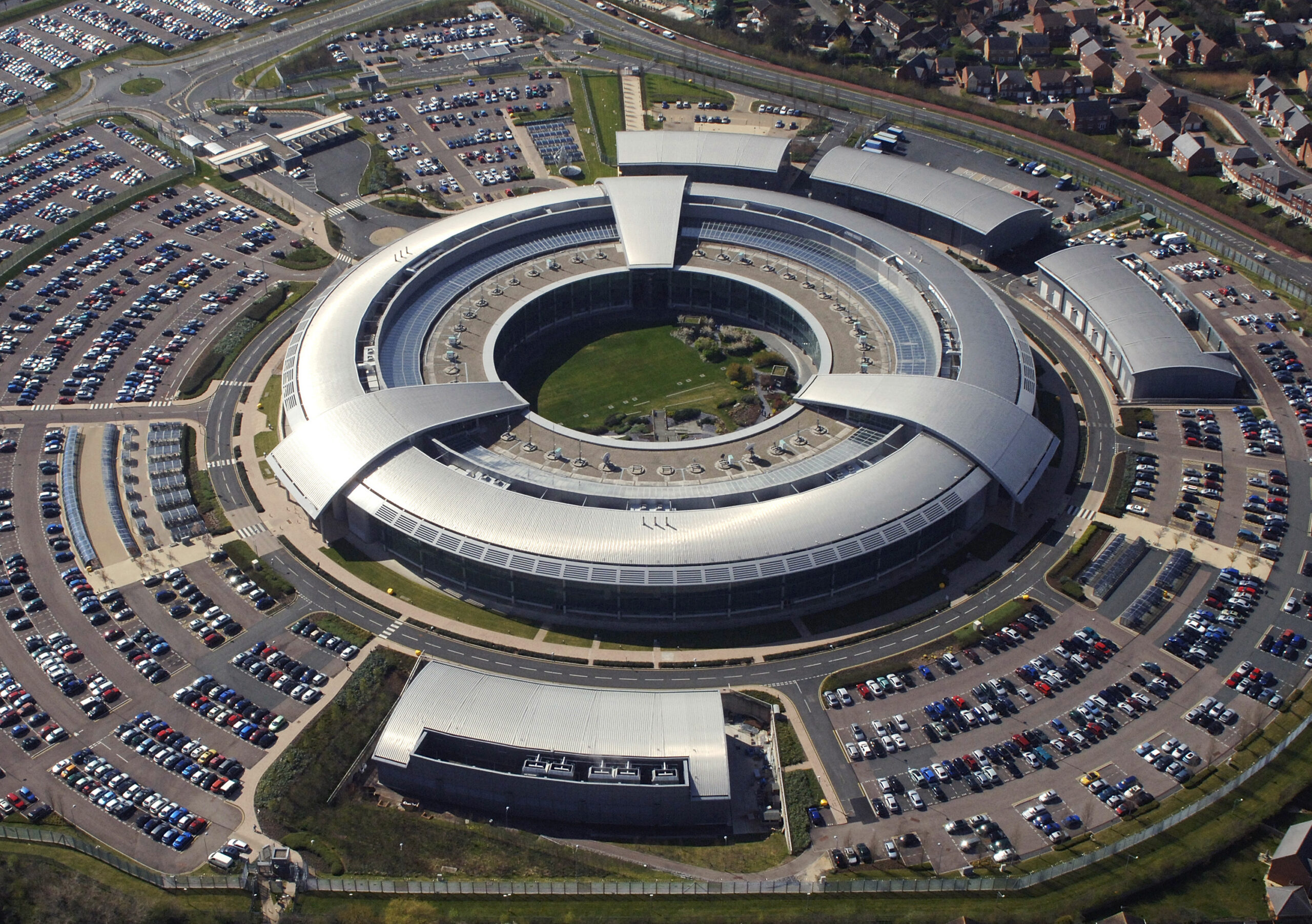Councils will be prevented from looking at people’s internet history under the just-published Draft Investigatory Powers Bill, it has emerged.
Officials could face two years in prison if they try to see someone’s browser history, under the “knowingly or recklessly obtaining communications data” offence created by the bill.
The bill will give UK security services at GCHQ (pictured) the power to conduct the kind of covert surveillance whistleblower Edward Snowden exposed.
Internet service providers would be forced to store activity on their servers for a year and authorities would be entitled to see the names of the websites visited without any special permission.
However, authorities will need a signed warrant from the home secretary if they want to see details of the websites.
In addition, a “double lock” approval system will see a panel of around seven High Court judges able to veto interception warrants, although not in “urgent cases”.
Last year, the coalition government passed temporary emergency laws that saw many public bodies, including some government departments, lose all of their rights to access communications data.
Local authorities retained those powers but were forced to go through the National Anti-Fraud Network (NAFN) to make the request on their behalf.
NAFN was already used by many councils to assess applications to trace debtors, obtain legal records and for internal investigations.
The new bill retains the system for most communications data, but bans town halls from “acquiring internet connection records for any purpose”.
Most town halls have continued to use surveillance powers despite the need to gain the approval of a magistrate if they want to use “covert techniques”.
A 2013 report by the Interception of Communications Commissioner found 132 councils had used surveillance powers in the previous 12 months.
Home secretary Theresa May said the UK needed to “update” legislation to ensure it was “modern, fit for purpose and can respond to emerging threats as technology advances”.
The Local Government Association said councils made “effective and appropriate use” of their “limited rights” to access communications data.
“These powers are used to identify cowboy builders, loan sharks, rogue traders and internet fraudsters – who often prey on and exploit the most vulnerable, including the elderly – and to protect businesses and communities,” it said.



